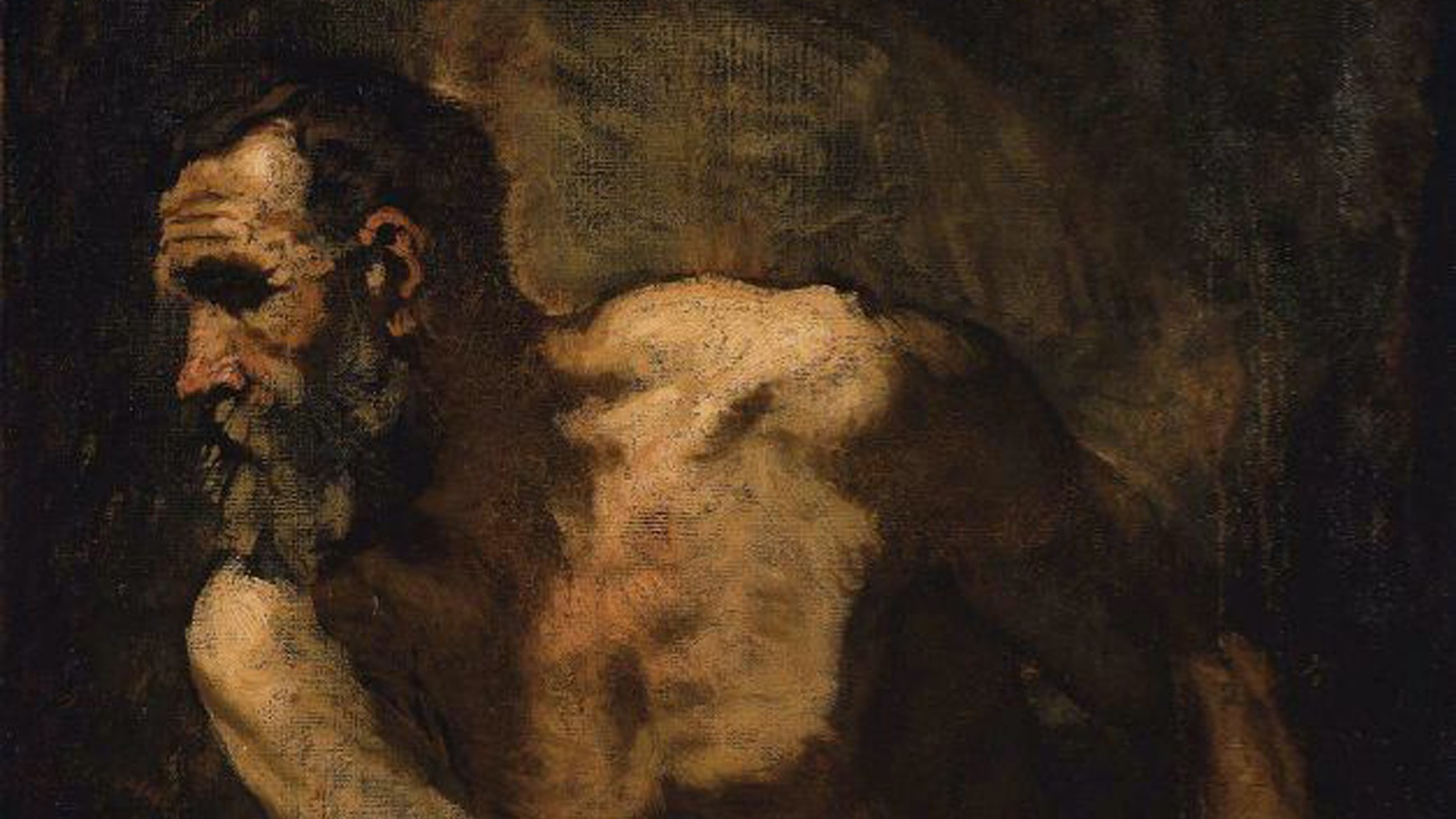
Ezekiel 18:1-4, 25-32
Proper 21A
1 The wordA of the LordB came to me: 2 What do you mean by repeatingC this proverbD concerning the landE of Israel,F
“The parentsG have eaten sour grapes,H and the children’sI teethJ are set on edge”?K
3 As I live,L saysM the LordN God, this proverb shall no more be usedO by you in Israel.
4 KnowP that all livesQ are mine; the lifeR of the parent as well as the life of the child is mine: it is only the personS who sinsT that shall die.
25 Yet you say, “The wayU of the LordV is unfair.”W HearX now,Y O houseZ of Israel: Is my way unfair? Is it not your ways that are unfair?
26 When the righteousAA turn awayBB from their righteousnessCC and commit iniquity,DD they shall die for it; for the iniquity that they have committed they shall die.
27 Again, when the wickedEE turn away from the wickednessFF they have committed and do what is lawfulGG and right,HH they shall saveII their life.JJ
28 Because they consideredKK and turned away from all the transgressionsLL that they had committed, they shall surely live;MM they shall not die. 29 Yet the house of Israel says, “The way of the Lord is unfair.” O house of Israel, are my ways unfair? Is it not your ways that are unfair?
30 Therefore I will judgeNN you, O house of Israel, allOO of you according to your ways, says the Lord God. Repent and turnPP from all your transgressions; otherwise iniquityQQ will be your ruin.RR
31 Cast away from you all the transgressions that you have committedSS against me, and get yourselves a newTT heartUU and a new spirit!VV Why will you die, O house of Israel? 32 For I have no pleasureWW in the death of anyone, says the Lord God. Turn, then, and live.
Image credit: “A Miser” a study for Timon of Athens by Thomas Couture, 1876.
